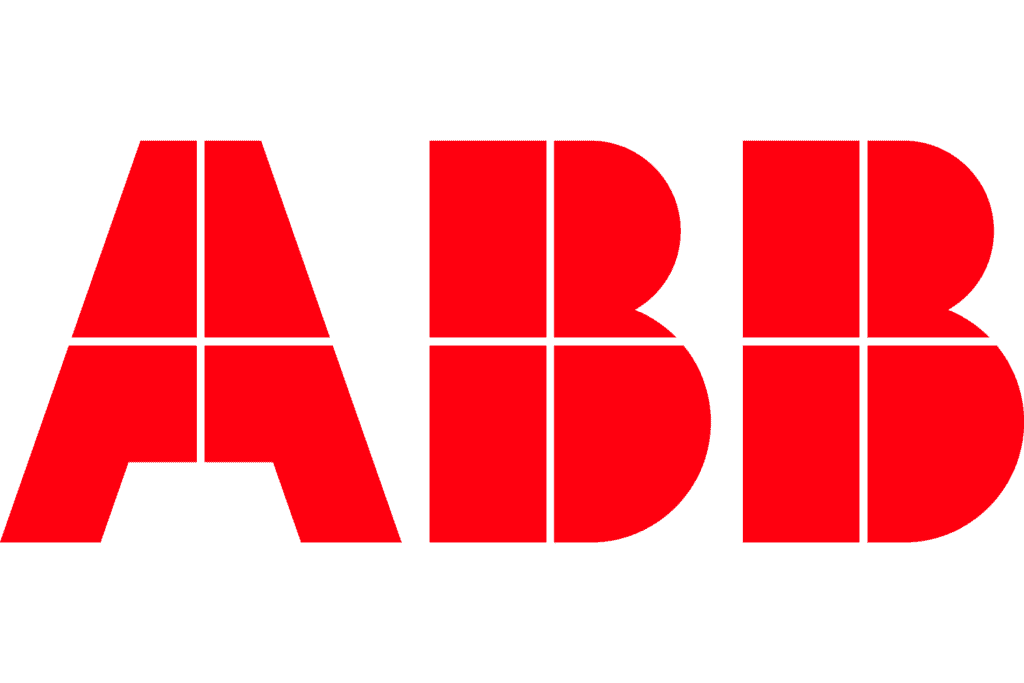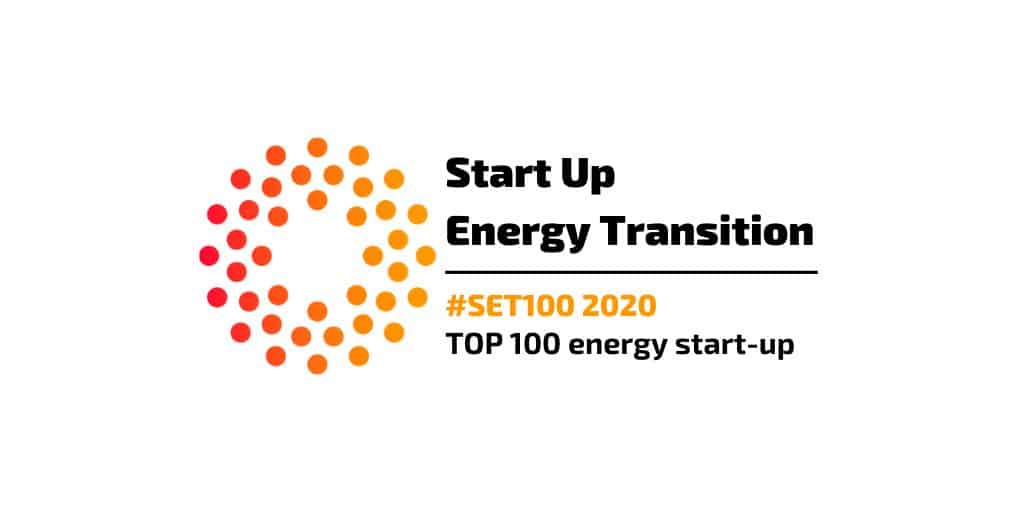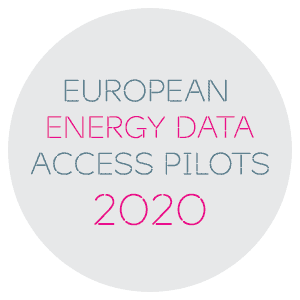15/11/2022
 Electric Vehicles: Matrix Car Leasings and COVID-19
Electric Vehicles: Matrix Car Leasings and COVID-19
Over and under mileage are a huge problem for fleet managers trying to control the cost of their fleet. During the initial contract negotiations, fleet managers and consultants are often able to secure a few commercial grants from the leasing companies, which tend to disappear whenever the contract parameters, such as the mileage, are adapted. Or at least, due to a lack of transparency, it is hard to tell whether the original grants are still applicable in the new leasing agreement.
Hence, the sector has evolved, and the majority of fleet managers now negotiate matrix leasings. These agreements typically provide a range of monthly leasing fees in relation to both the duration of the lease (in months) and the mileage (in km). As such, contract modifications became a lot more transparent, and bonuses/commercial grants would be ensured for the duration of the lease, even if mileage or duration were changed along the way.
These contracts have proven their worth during the COVID-19 crisis, when suddenly, cars were used way less than intended before the pandemic hit the world. Fleet managers who had matrix leasing agreements could simply change the duration and/or mileage of their existing contracts to a new optimum, taking into account the changing needs of the driver. Problem solved, or so you might think.
But in the aftermath of COVID-19, the world economy is still struggling today to get supply lines back to their original performance. This also goes for the automotive sector. Delivery times for new cars have gone up exponentially, and a 15-to-18-month delay has become the standard, rather than the exception. Now, why is this a problem?
During COVID-19, with the reduced usage of the cars, most fleet managers used their matrix agreements to extend the duration of the lease. As a result, a lot of lease agreements were set to the typical maximum of about 60 months. But the supply line problem creates the issue that there is simply no way to replace the car with a new one in time. As such, fleet managers face the old familiar problem of transparency about the new leasing conditions of the extended lifetime.
This topic becomes even more important when looking at EV, because fleet managers don’t usually obtain odometer readings from their EV, as charge poles don’t record this data from the car like fuel cards used to do. So, the only access to odometer readings for EV is often via the tire changes, meaning twice a year, or via a driver app in which the drivers are asked to input their mileage from time to time. Neither is very granular or frequently updated, making it all the more difficult to estimate when the car will be in need of replacement.
The good news is that most EV are connected to the internet nowadays, as car manufacturers are building apps to connect their drivers to their car also remotely. And through this connectivity infrastructure, it is possible to retrieve the odometer readings at a much higher frequency. For the problem above, the typical 2–5-minute updates are probably overkill, but at least they make the problem far more manageable and likely also solve some other problems along the way. Through our collaboration with manufacturers, re.alto is able to collect state of charge and odometer readings from the car and provide this data to fleet managers or facility managers either directly or via an API into their preferred IT solution. Through our Connect product, we connect to various OEMs to enable access to data from not only EVs, but also heat pumps, PV and batteries.
Reach out to us today for more information on how re.alto Connect could benefit your business.











